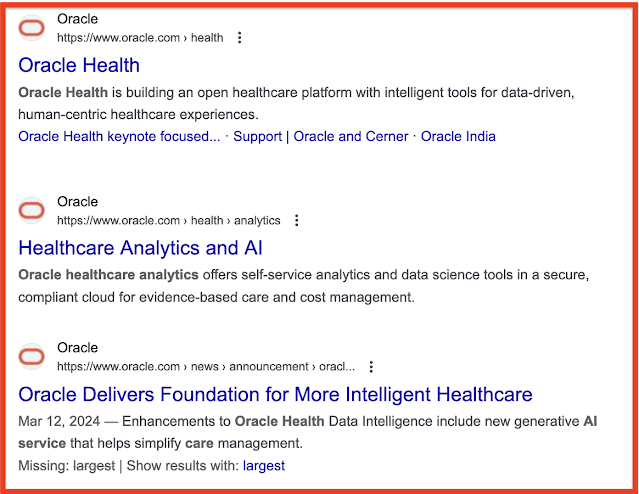Locator: 48562DISNEY.
From the linked article:
On the other hand, the price of Disney World and Disneyland’s cheapest ticket has remained steady since 2019. A Disney World one-day, one-park, off-peak ticket will cost a park-goer $109, and its equivalent at Disneyland is $104. But on average, a one-day ticket at Walt Disney World costs $154, according to Wolfe Research, and a Magic Kingdom ticket costs as much as $189 during peak travel times.
This past weekend, my wife, Sophia and I drove ten hours to Nashville to visit Sophia's sister for family day, Vanderbilt University.
Least expensive room in Nashville that I would be willing to stay: $500 / night.
We never stay in Nashville. We generally stay twenty minutes outside of Nashville, to the south in Bellevue. The place we usually stay ($150 last year) was $330 this year -- for one night. So we stayed in a 2-star motel which lived up to its 2-star rating rating for $160 / night.
We got in late, and we left early, so we were probably there for less than eight hours. The continental breakfast was free -- coffee and toast was all I ever get. That's another story for another time.
So, for $160, we simply slept -- I guess in all fairness, that's only $55 / person.
But above, the least expensive, one-day, one-park, off-peak ticker is
$109 / day / person and I can guarantee you that a seven-year-old will
get a lot more fun out of Disneyland than what they get for $160 / night
in a 2-star motel.
But again, the best we could have done in downtown Nashville was $500 / night -- or $170 / person, about the cost for one day at Disneyland.
It still gets back to budgeting. For most, Disneyland is a one-time event, or maybe once every seven-to-ten years -- and if that's important enough for the family, one starts saving up long before one goes.



























